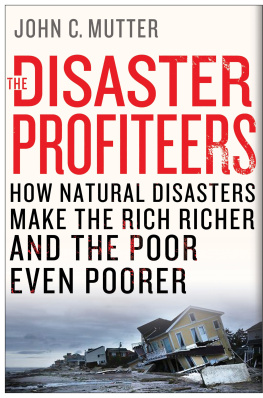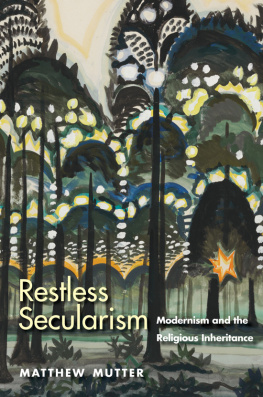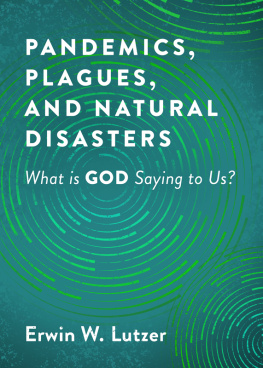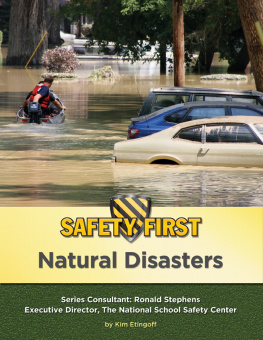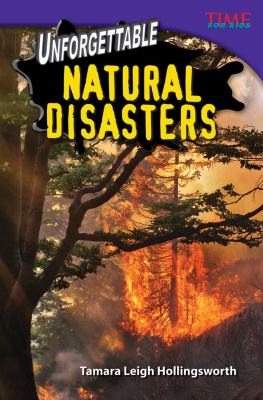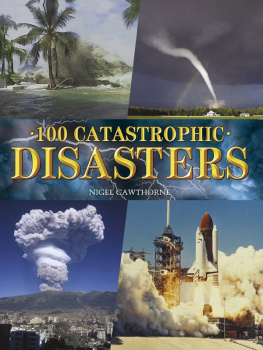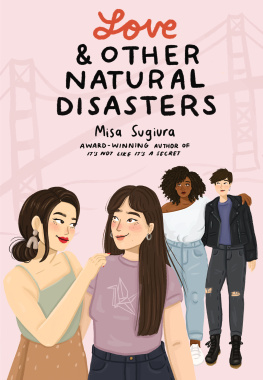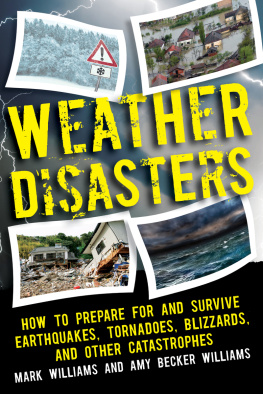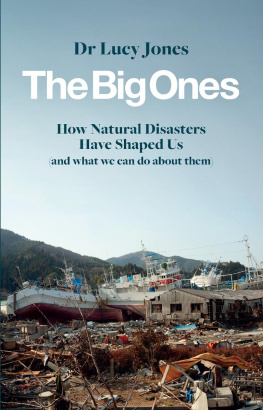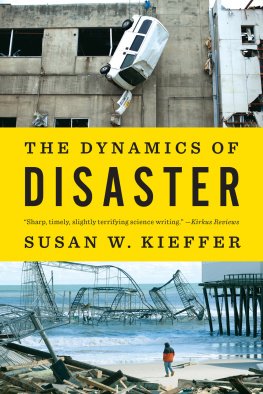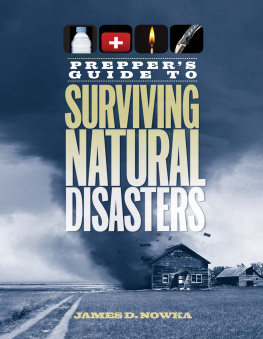The Disaster Profiteers
How Natural Disasters Make the Rich Richer and the Poor Even Poorer
John C. Mutter

St. Martins Press
New York
Begin Reading
Thank you for buying this St. Martins Press ebook.
To receive special offers, bonus content, and info on new releases and other great reads, sign up for our newsletters.
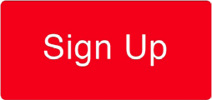
Or visit us online at us.macmillan.com/newslettersignup
For email updates on the author, click here.
The author and publisher have provided this e-book to you for your personal use only. You may not make this e-book publicly available in any way. Copyright infringement is against the law. If you believe the copy of this e-book you are reading infringes on the authors copyright, please notify the publisher at: us.macmillanusa.com/piracy .
Introduction
As New Orleans reeled from the blow delivered by Hurricane Katrina in late 2005, many scholars described how the disaster revealed hidden social ills that most people who lived outside the city did not know existed. I was one of those awakened to the difficulties of everyday life in New Orleans made visible by Katrina. I had been to New Orleans a few times, but, having stuck to the French Quarter and other tourist spots, I had no idea that it was home to one of the poorest communities in the country, that its crime rates broke national records, and that its public officials were routinely under indictment for corruption. But soon the academic literature, as well as the local and international media, pointed to these factors to explain the tragedy that Katrinanot an especially intense stormhad visited on that city.
Disasters can conceal as much as they reveal. What was concealed was the way a powerful few were able to use the fog of disaster that lingered for many years after the storm for personal gain and social reordering. This book is more about what is concealed than what is revealed.
Before Katrina, most of my work as a natural scientist had little to do with natural disasters and nothing at all to do with any subjects outside my field, such as economics or political scienceareas of inquiry that are needed to see what is concealed by disasters. For the last several years, I have spent almost as much time feeling my way around the social sciences landscape as I have working in the natural sciences. And I have found that any serious attempt to understand natural disasters demands entry into the world of social science.
This book is about the way we should, but dont, think about natural disasters and about how we should consider the social consequences that result from them. It is hardly the first book to be written on the subject of disasters, but I believe it is the first book by a scientist that approaches the subject from both sides of the line between the natural and the social sciences. I like to call this the Feynman line, after Richard Feynman, a famous and tremendously influential nuclear physicist who wrote popular books and gave many interviews in which he was often asked questions like Is God real? He typically answered by saying such questions were outside the scope of science: you cant prove that God does or does not exist through scientific methods, so the question is not one for science.
I cant think of a better example of a subject that cannot be understood from natural science alone than natural disasters. Nor can we gain understanding of disasters by staying only on the social side of the Feynman line. Having studied seismology for many years, I know how seismologists think about earthquake disasters. They think, in a completely appropriate and entirely defensible way, that their task is to understand the mechanics of earthquake generation and the way seismic energy propagates away from a quake. We do need to know this. But in the past, seismologists also looked forhoped forways to predict earthquakes; however, they essentially threw in the towel on that quest quite a few years ago. Seismologists learned that the prediction problem cant be solved if the objective is to say exactly when, where, and how large the next earthquake will be, even though many think that is what society wants. Earthquake prediction has moved to a mode in which probabilistic statements are more the norm, like weather forecasts. A prediction might suggest that there is a 50 percent chance of an earthquake of magnitude 6.0 in a prescribed area in the next 20 years. Seismologists now know that the nature of earthquake mechanics is such that probabilistic predictions can be made, but event predictionwhere, when, and how largeis not possible.
I have gradually come to understand that the largest, most difficult, and most important problems we face in the world today cannot be solved by natural science alone, no matter what natural scientists might think or, frankly, what I myself used to think. While natural science contributes to solving social problems, it cannot be the only solution. The most important issues we face today come broadly under the subject of sustainable development: how to address climate change; the need to provide electric power to everyone on the planet without making climate change worse; how to feed an estimated 9 billion or more people by 2060; how to (and if we should) use genetically modified organisms; how to preserve the environment for our own good and for the good of future generations; how to improve the conditions of the poorest; and how we can counter the trend toward massive inequality in the world.
These issues cannot be solved by natural scientists who believe that their role is to work in splendid isolation, ignoring everyone and everything else, and then publish their results in scientific journals, where a crowd of social scientists will eagerly grab the work and use it for the good of society. But thats what most natural scientists think they should do.
which describes how people use probabilities to make decisions about risk. This idea is crucial to understanding how we all think about risk, probability, and uncertainty.
One of Kahnemans central ideas is that all of us have two quite different ways of thinking. System 1 thinking is fast, instinctive, and emotional. It is used for tasks like driving a car (if you have a lot of experience behind the wheel). System 2 thinking is slower, more deliberative, and logical. It is needed for solving crossword puzzles and math problems or using maps to get from one place to another. A well-trained professional mathematician would be able to get much further on a math problem with pure instinctSystem 1 thinkingthan most of us, but eventually System 2 thinking will be needed. It is System 2 thinking, whether in the social or the natural sciences, that is needed to fully understand natural disasters, but I fear that System 1 thinking has dominated most discussions.
In the discussion of disasters, the word prediction is a major actor, too, and often takes the lead, at least for those in the natural sciences. One of the most important roles that natural scientists (who I am sure would universally regard themselves as System 2 thinkers) have assigned themselves is the role of predictorsnot predictors of disasters, exactly, but predictors of the natural disturbances that are associated with these disasters. As noted, prediction is very closely associated with concepts of risk, probability, and uncertainty, and sometimes it is the only actor on the stage.
Natural scientists tie their thinking to the physical eventshurricanes and earthquakes. But to understand disasters and what they conceal, we need to use the System 2 thinking of prediction, probability, and uncertainty from both the natural and the social sciences to see what happens before and after the events themselves. Those are the areas that we can affect.
Next page
